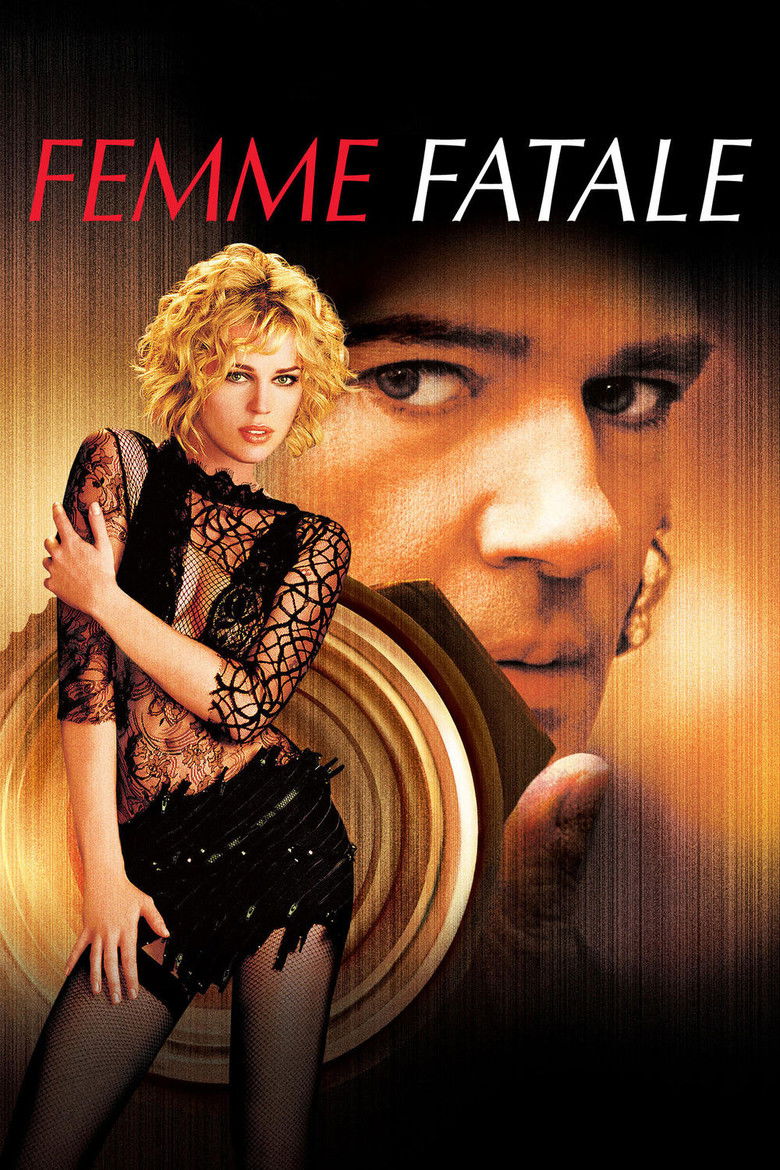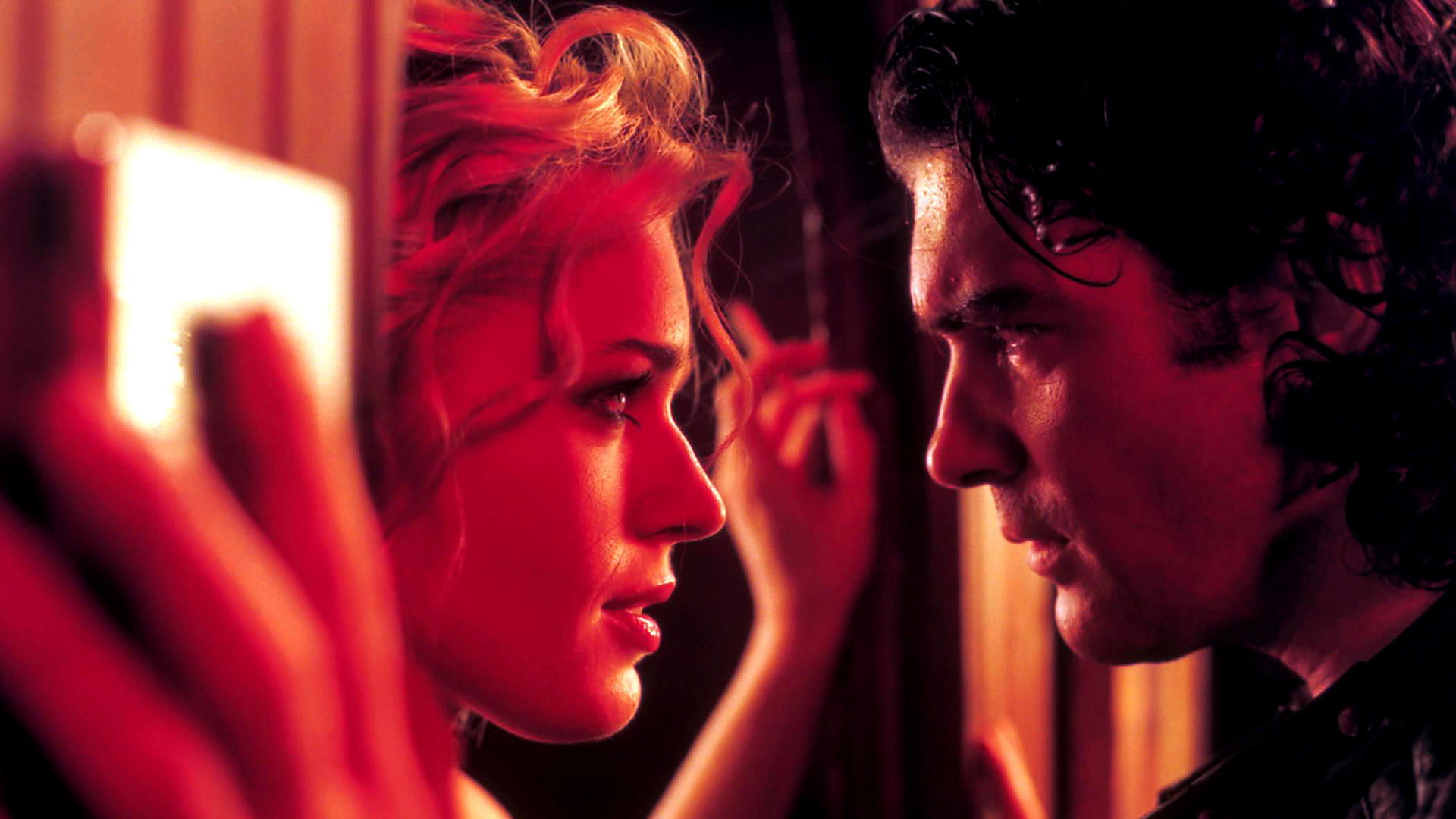Isn't sugar better than vinegar?
**SPOILER ALERT - The last paragraph makes reference to a 1940s film that constitutes a spoiler. **
There rarely seems to be anything in between where Brian De Palma films are concerned, cinematic lovers of all kinds by and large either trash or laud his films. Femme Fatale is no different, one critic - both professional or amateur - will have it as a 1/10 movie, another will have it at the maximum rate available. Femme Fatale is high grade stuff if one is either a De Palma fan or a lover of film noir. Conversely if these two things don't tick your film loving boxes then the law of averages suggests you should have - or should - stayed/stay away from it.
De Palma opens up the doors to his fun house and invites noir lovers to come on in and enjoy. It's difficult to write about the plot because it holds many twists and turns, it's a veritable supply of uppers and downers, twisters and benders, all sexed up and pumped full of De Palma's trademark tricks and devilish rug pulls. In truth the story and set-up is predictable, but the journey is what makes the pic ooze quality and bare faced cheek, with the director giggling away like a schoolgirl in the background.
Opening up with a sequence that sees our titular fatale (Rebecca Romijn-Stamos) watching famed noir classic Double Indemnity, De Palma proceeds to homage and love the film noir world. As he uses split-screens, canted angles, up-tilt shots, shadow plays etc, the narrative pulses with eroticism and impending cruelty, this really is a femme fatale based movie of the grandest kind. As events unfurl, with hapless photographer Nicola Bardo (a fun packed Antonio Banderas) caught in the web, Ryuichi Sakamoto's magnificent classical based score swirls around like some sort of peeping tom. The latter of which finds a shifty accomplice in Thierry Arbogast's noir photography.
It's a picture awash with dupes, dopes and vengeful criminals, where the themes of identity, duality, sexuality and distorted perceptions gnaw away at those investing fully in the viewing experience. Some critics (prof and amat) have lazily likened the film to David Lynch's Mulholland Drive, as if De Palma in 6 short months watched Lynch's movie and then knocked this film out! The copy-cat charge as funny as the rug-pull that De Palma pulls here. Besides, as any film noir lover will tell you, this has more in keeping with Fritz Lang's 1944 noirer "The Woman in the Window" than Lynch's film, which is no bad thing at all, and De Palma knew that. 8/10



